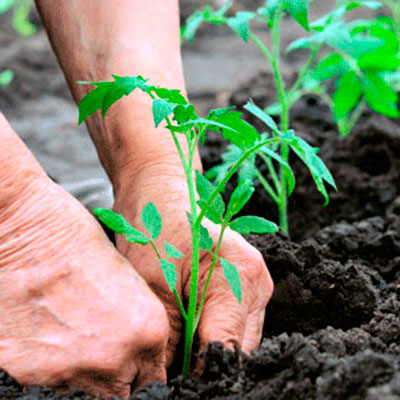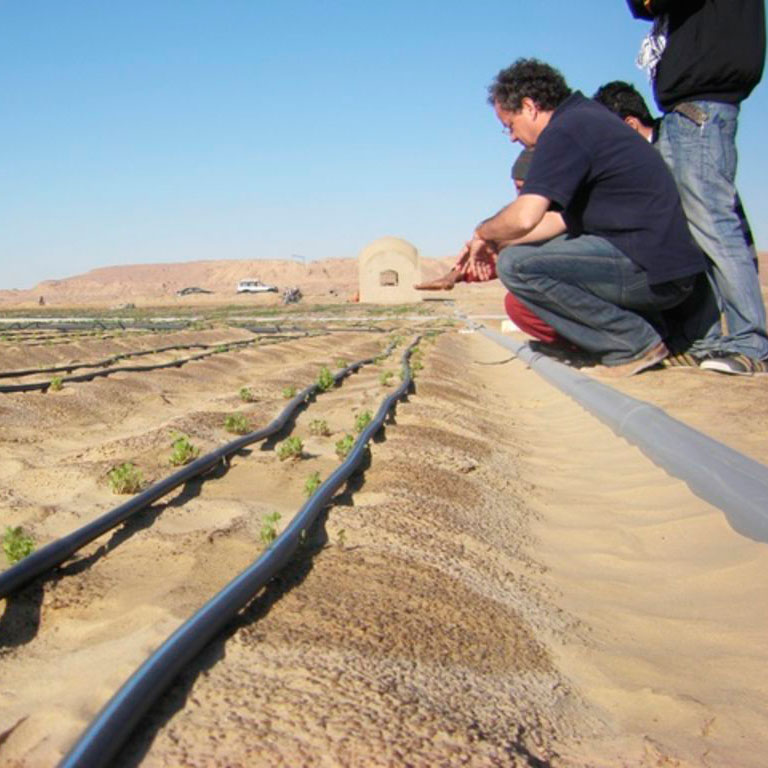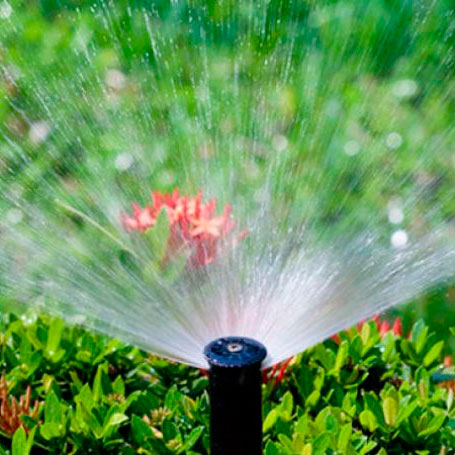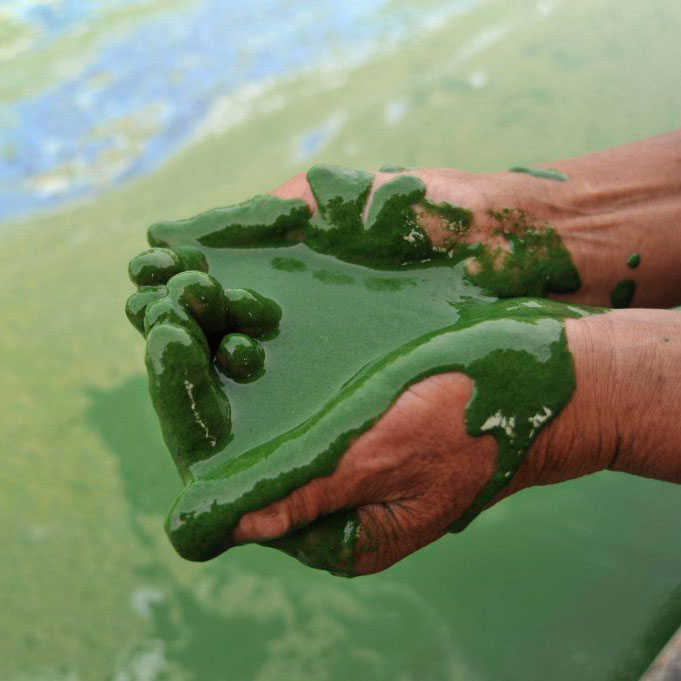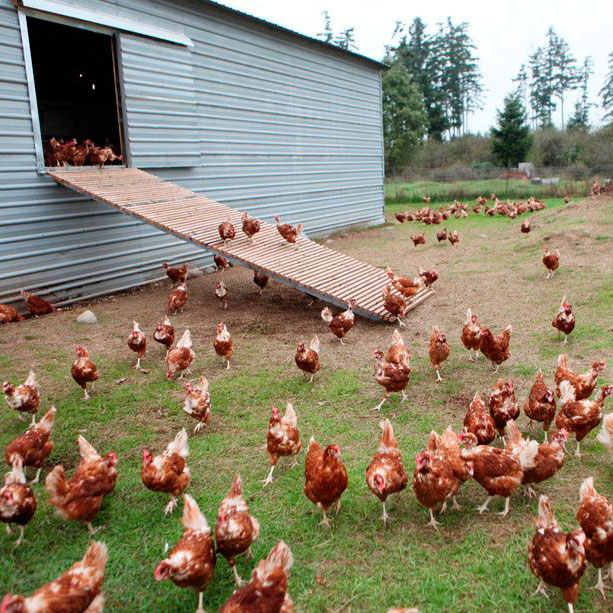The most economical solution to give your house an eco-friendly cleaning has been natural do-it-yourself top of the line cleaning solutions you create with gentle, everyday household products, according to cleaning company cambridge ma. Chemical-laden cleaners produce toxic fumes and could promote growth of germs resistant to antibacterial medicines. Search no further than beneath the sink or in the pantry for these multitasking, economical, non-toxic ingredients that work by yourself or in mixture to effectively give dust the boot out of every room.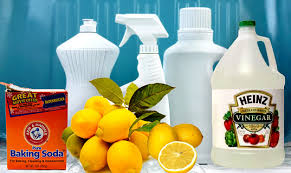
Vinegar
The somewhat acidic nature of white vinegar helps it be able to dissolving grease, soap lime and scum deposits from smooth surfaces in your kitchen and bathroom. Because it’s so mild, vinegar is safe to utilize on hardwood flooring also. Blend 1/4 to 1/2 mug of vinegar with drinking water in a bucket or spray bottle and utilize it to clean from home windows and mirrors to toilets and flooring. Make use of undiluted vinegar to deal with tougher cleaning jobs.
Baking Soda
Baking soda not merely deodorizes, but additionally acts as a natural cleansing and brightening abrasive that rivals traditional powdered cleansers. Sprinkle hard areas in the toilet and kitchen area with baking soda and rub right into a paste with a wet fabric, then wash and wipe dried out with a clean fabric. To eliminate stains or clear the within of a messy stove, permit the paste to arranged for a few minutes before rinsing; to improve the abrasive actions for tougher cleaning work, include kosher salt to the paste. Sprinkle baking soda onto carpets and rugs and vacuum cleaner to fibers freshen.
Lemon Juice
Lemon juice cuts grease, kills fungus and results in a streak-free shine about hard surfaces of most kinds. Mix lemon juice with some other pantry staples such as for example vinegar or essential olive oil to create cleaning products that function harder, also to leave a new, natural scent behind once the working job is done.
Sodium Borate
Obtainable in the laundry detergent aisle, sodium borate, or borax, includes a long background as a non-toxic powdered laundry booster, but it’s also effective inside homemade cleansing products to disinfect kitchen area and bathing room surfaces, cookware and flooring. Eliminate staining from laundry before cleaning by rubbing a paste of dishwasher detergent and sodium borate in to the fabric and rinsing.
Hydrogen Peroxide
The bubbling action of hydrogen peroxide does wonders in lifting stubborn gunk on areas, but additionally works to fizz away perspiration stains on white fabrics. Keep a spray bottle filled up with a peroxide and drinking water mixture close to the washing machine; spritz spots and wash with clean water prior to starting a load. If you don’t possess hydrogen peroxide in the homely house, or have to safely remove staining from coloured fabrics, try club soda or instead diluted vinegar.
Olive Oil
Blend 1 mug of essential olive oil and 1/2 mug of lemon juice inside a new spray bottle, mist on to a soft fabric and polish wood furnishings by natural means. Polishing with essential olive oil moisturizes solid wood and imparts a pleasant shine; lemon fruit juice cleans the top and results in behind a brand new scent that beats out aerosol solid wood dusting sprays in the natural department.
Organic Farming Good Food For All

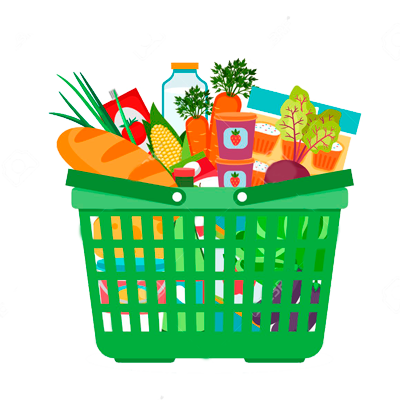
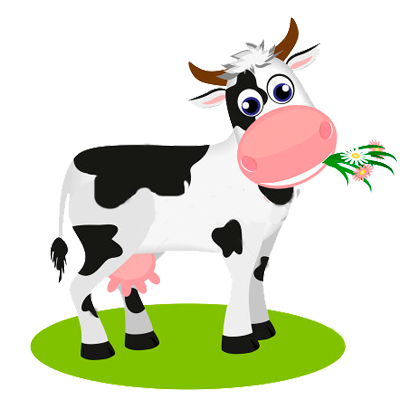
Organic farming is another agricultural system that originated early in the 20th century in response to quickly changing farming techniques. Organic farming has been developed by several organic farming associations now. It depends on fertilizers of natural source like compost manure, green manure, and bone meal and puts emphasis on techniques like crop rotation and companion planting. Biological pest management, mixed cropping as well as the boosting of insect predators are all encouraged. Generally, organic standards are made to permit the utilization of naturally occurring compounds while banning or limiting synthetic materials. For example, naturally occurring pesticides like pyrethrin and rotenone are allowed, while artificial pesticides and fertilizers are usually prohibited. Synthetic substances which are permitted include, as an instance, aluminum sulfate, elemental sulfur and Ivermectin. Reasons for advocation of organic farming include benefits in sustainability, openness, self-sufficiency, autonomy/independence, wellness, food safety, and food security.
Kitchn | Inspiring cooks, nourishing homes
Inspiring cooks, nourishing homes-
See How a Home Stager Transformed This Wood-Paneled Living Room in California
One wall of paneling dominated the space....
-
This TikToker Made Her Oak Kitchen Look Fresh — Without Refinishing the Cabinets
“Great example of how oak works if done...
-
It’s Impossible to Have Just One of These Crispy Beef Tacos
It will be love at first crunch....
-
The Most Foolproof Way to Make Rice on the Stovetop (It's SO Fluffy!)
Don’t forget to fluff it....
-
We Compared Prices for a Dozen Items at Aldi Versus Trader Joe’s — And One Is Clearly Cheaper
We looked at milk, pasta, olive oil, steak, and...
Fresh N Lean
Meal Prep Delivery Service-
Fitness That Sticks: Crafting a Workout Routine That Lasts All Year
Keep your New Year’s resolution all year (and
... -
Preparing for the New Year: Let’s Get R.E.A.L. About Resolutions
Get where you want to be with a plan backed
... -
How To Avoid Weight Gain And Still Enjoy The Holidays
You don’t have to completely avoid the “bad
... -
Sweet Without The Sugar: 13 Healthier Sugar Alternatives
Making healthy swaps is easy when you have
... -
7 Ways To Stay Health This Flu Season
The holiday season is full of drinks,
...
Blue Sky Organic Farms
Family Run. Locally Grown. Organic Food.-
Sunshine Spiralized Beet Salad
The post ...
-
Broccoli, Cauliflower & Brussel Sprouts Gratin
The post ...
-
Honey Roasted Rainbow Carrots & Brussel Sprouts
The post ...
-
Broccoli Feta Fritters
The post ...
-
Mediterranean Celery & Olive Salad
The post ...


